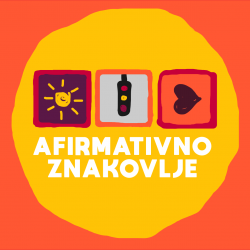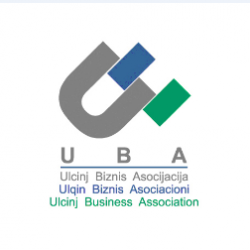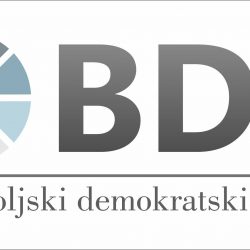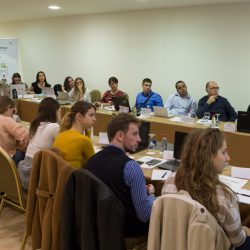Reproductive health is important for women’s general health and well-being. For this reason, it is necessary for women to be provided with inclusive health services and have equal access to accurate information about reproductive health.
This project aims to improve the quality of reproductive health services and raise awareness among the population in the cross-border area about the importance of protecting reproductive health, with focus on socially vulnerable groups.
It is a sequel to the CARES project, which ended in February 2021. The CARES 2 project covers several municipalities with the aim of reaching a larger population and increasing the impact of the action. Thanks to this project, the population in the target area, with an emphasis on socially vulnerable groups, will be provided with relevant information on why it is important to protect reproductive health and undergo preventive examinations.
The project is expected to improve the capacities of public health institutions and the quality of reproductive health services in the cross-border region, as well as to foster cross-border cooperation in the area of reproductive health. It is also expected to result in a better informed youth population and their greater awareness of responsible behaviour in terms of reproductive health, as well as in a designed and implemented pregnancy support programme.
*This designation is without prejudice to positions on status, and is in line with UNSCR 1244/99 and the ICJ Opinion on the Kosovo declaration of independence.






